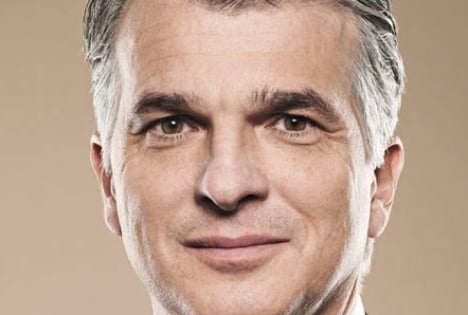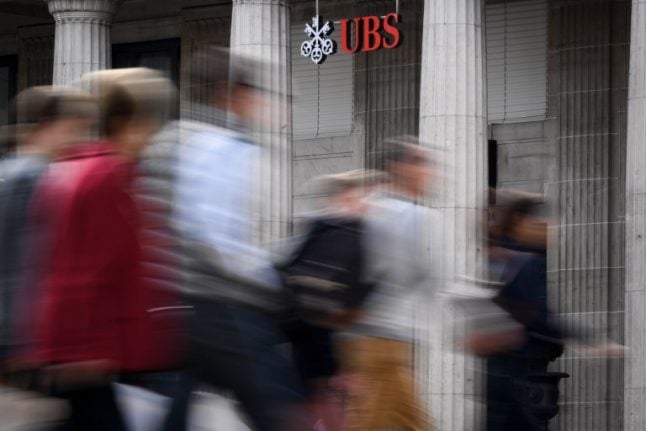“I have said for a long time that banking secrecy, as we knew it ten years ago, is over,” said Sergio Ermotti, CEO of the country’s largest bank a day after announcing 10,000 job cuts.
Ermotti made the comments in an interview with the Zurich-based newspaper Tages Anzeiger, published online on Wednesday, in which he predicted that 20,000 jobs would be lost in Switzerland’s banking sector.
The Swiss financial industry has for too long defended banking secrecy “against all odds,” he said, adding that it needs to be adjusted with a “new strategy”.
The industry “must first be downsized before we can talk about growth again”.
UBS has paid a heavy price for its involvement with tax evasion by American clients made possible through Swiss privacy laws that provided cover for banker-client confidentiality.
After former employee Bradley Birkenfeld blew the whistle on the bank’s practices, it was forced in 2009 to pay American authorities $780 million to avoid prosecution for criminally aiding tax avoidance.
In addition, UBS agreed to give the names of 5,000 US clients with offshore accounts.
Ermotti took over as CEO last year and was not employed at the bank when the tax evasion affair blew up.
Subsequently, other Swiss banks have come under pressure from American authorities over tax evasion issues.
And other countries, such as Germany, have sought deals to prevent wealthy citizens from stashing their money in Switzerland to avoid taxes.
Ermotti said UBS “takes no money that we know is not taxed”.
However, he added that the bank cannot be expected to review information provided by clients.
“We are not an extension of the tax authorities.”
UBS on Tuesday announced 2,500 job cuts in Switzerland out of the 10,000 to be cut globally over the next three years as it restructures its investment bank.
The cuts came after the Zurich-based company announced a 2.2-billion-franc ($2.36-billion) loss for the third quarter.
The company’s overall staff is set to drop to 54,000 from 64,000 by 2015.
Ermotti said he expects major job cuts across the Swiss banking centre as the result of new regulations, “the cost of tax treaties with neighbouring countries” and a clientele that is more risk averse.



 Please whitelist us to continue reading.
Please whitelist us to continue reading.
Member comments